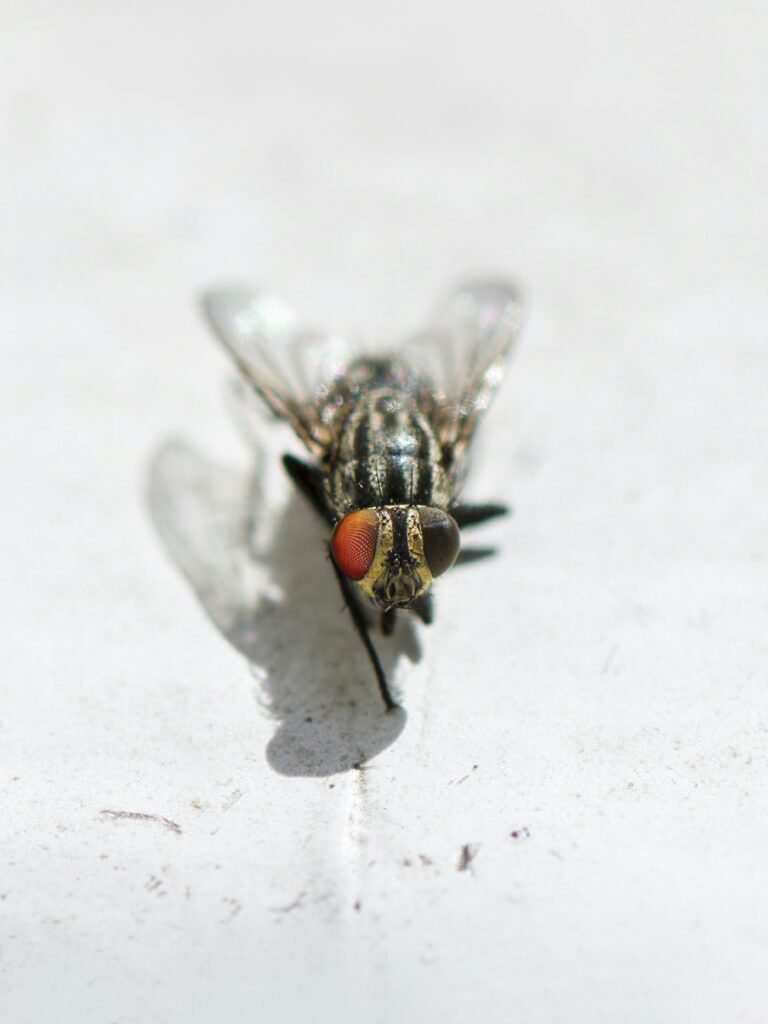
All About Mosquitoes: Bites, Repellents, and Elimination
Mosquitoes are pesky insects that can ruin outdoor activities and make us uncomfortable in our own homes. Understanding their behavior, the effects of their bites, and effective methods to repel and eliminate them is essential for a peaceful and enjoyable environment. In this article, we will explore all the necessary information about mosquitoes, their bites, and the best repellents and sprays to keep them at bay.
The Behavior of Mosquitoes
Mosquitoes are small flying insects that belong to the Culicidae family. They are most active during dawn and dusk but can also be found throughout the day. Female mosquitoes feed on the blood of humans and animals, while males primarily feed on plant nectar. Mosquitoes are attracted to their hosts by body heat, carbon dioxide, and certain chemicals found in sweat.
The Effects of Mosquito Bites
When a mosquito bites, it pierces the skin with its proboscis, a long, needle-like mouthpart. It injects saliva into the skin, which contains anticoagulants to prevent blood clotting. The body’s immune system reacts to these foreign substances, causing the characteristic redness, swelling, and itching associated with mosquito bites. In some cases, mosquito bites can also transmit diseases such as malaria, dengue fever, Zika virus, and West Nile virus.
Repellents and Sprays to Eliminate Mosquitoes
To protect yourself and your loved ones from mosquito bites, it is important to use effective repellents and sprays. Here are some of the best options available:1. DEET-based repellents: DEET (N,N-Diethyl-meta-toluamide) is a widely used and effective mosquito repellent. It works by confusing the mosquito’s sense of smell, making it harder for them to locate their targets. DEET-based repellents are available in various concentrations, and higher concentrations provide longer-lasting protection.2. Picaridin-based repellents: Picaridin is a synthetic compound that has been proven to be effective against mosquitoes. It is odorless, non-greasy, and does not damage synthetic materials. Picaridin-based repellents provide long-lasting protection and are a popular alternative to DEET.3. Oil of lemon eucalyptus: Derived from the lemon eucalyptus tree, this natural repellent is an excellent alternative to chemical-based options. It contains a compound called PMD (para-menthane-3,8-diol) that repels mosquitoes effectively. However, it is important to note that oil of lemon eucalyptus should not be used on children under the age of three.4. Permethrin-based sprays: Permethrin is a synthetic chemical that can be applied to clothing, shoes, and camping gear to repel and kill mosquitoes on contact. It provides long-lasting protection even after multiple washes. However, permethrin should not be applied directly to the skin.5. Natural remedies: There are several natural remedies that may help repel mosquitoes, such as citronella, lavender, and peppermint oils. While these options may have some repellent properties, their effectiveness may vary, and they may need to be reapplied more frequently.Remember to follow the instructions provided by the manufacturer when using repellents and sprays. It is also important to eliminate any standing water around your home, as it serves as a breeding ground for mosquitoes.
Conclusion
Mosquitoes can be a nuisance, but with the right knowledge and tools, you can protect yourself and your family from their bites. Understanding their behavior, the effects of their bites, and using effective repellents and sprays will help create a mosquito-free environment. By taking the necessary precautions, you can enjoy outdoor activities and have a peaceful home free from these bothersome insects.